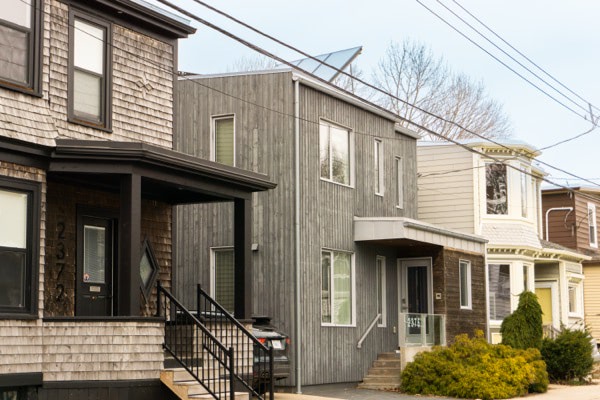How fast can you pay your mortgage off? Can you speed up the process? Here’s what you need to know!

Self-employed mortgage? Understand your options!
Self-employed individuals in search of a mortgage will quickly find the route to homeownership looks different for them. Since these people have an alternative form of income, they often require an alternative form of mortgage financing. The good news is as more Canadians become self-employed, the rise of the self-employed mortgage has resulted in more options for these individuals. Here’s what you should know about your mortgage options if you’re in this situation!
First, who needs a self-employed mortgage?
First and foremost, what counts as self-employed, and why do these people need a separate kind of mortgage? Self-employed individuals are anyone who has no specific “boss” and can earn their income through a variety of sources and streams. For example, business owners often come to mind for many people, whether that’s the owner of a store, restaurant, insurance company, or anything in between. Other self-employed people include freelance workers, who don’t own a business but also don’t report to just one person and can flit between roles. Even many healthcare professionals are considered self-employed if they make their own hours and work at various locations.
Self-employed people often need separate mortgage products because they don’t meet the income requirements of traditional lenders. That’s not to say they don’t make enough money, but their proof of income is often the issue. More on that below.
How is the mortgage process different?
So, what about a self-employed mortgage is different from a conventional mortgage? There are some key differences that make a self-employed mortgage stand out, and those are the interest rates, the proof of income requirements, the paperwork, and the lender.
Proving income
Often the biggest obstacle of self-employed mortgage financing is proving your income. With a conventional mortgage, paychecks and T4 forms are the common proofs lenders look for, neither of which you might have. Your income might be high, but it’s less consistent and may not be guaranteed. Plus, if you’re a newer business, it might take some time to show your business is making profits, even if you’ve had success. Finally, self-employed people often save money on taxes by using their business for tax write-offs, so they are able to report less taxable income. This is great, but it does look like you’re making less money than you are. Lenders won’t have a ton of assurance of your income, which is why private lenders often come into the picture.
Paperwork
A self-employed mortgage will mean completing a lot of paperwork. You will need extra proof of your business, income, and creditworthiness. Notice of Assessments are common documents self-employed people will need to show, usually for the past two years. This document from the CRA outlines your income tax and any refunds. You will also have to show bank statements and personal tax returns, and business-related documents, perhaps showing financial statements and payment history of any employees.
How can you make the experience simpler?
Prep your documents early
Now that you have a good idea of all the documentation you’ll have to provide, you may as well get a jump on gathering it all up. Don’t wait until you’re in the house searching phase to start collecting paperwork. This is one thing you can get out of the way early. Complete paperwork while you still have free time, and if you are unsure what documents you need, reach out to your broker for help.
Up your down payment
Lenders tend to look upon borrowers with a higher down payment with more faith than those with a five per cent payment. A 20 per cent commitment shows dedication to the purchase, and it shows you are in a strong financial position. If you’re able to save up for that amount, it will make your life easier in the market when you’re searching for lenders.
Increase your credit score
Credit scores — everyone’s favourite topic! Whether you like it or not, your credit score is an important part of your mortgage application. The higher your score, the more faith lenders will have in you as a borrower. You can likely secure the best products and rates when your score is high, which is extra handy considering self-employed mortgages tend to come with higher rates to begin with. Here’s how you can make sure your score is as high as possible.
Be ready for extra costs
Budgeting for a home as a self-employed individual comes with all the costs of a traditional home search, and then some. Apart from lender fees and interest rates, make sure you’re also saving up for closing costs like taxes, utilities, legal fees, and maintenance. There’s no such thing as being too prepared.
Let a broker help
If a self-employed mortgage looks like it’s up your alley, one of your first steps should be to get in touch with a mortgage broker. We can introduce you to potential lenders who could suit your needs, and guide you through your immediate next steps. Many lenders prefer to work with clients who are connected by a broker, and brokers can secure lenders who offer the best products and rates. A broker is your ticket to finding the best solution for your needs!
While a self-employed mortgage seems like a complicated process, we can help make it much easier. Having a professional on your team who can assist you with your paperwork and give you guidance on strengthening your application can make a world of difference.
If you have any questions about securing a self-employed mortgage, get in touch with us at Clinton Wilkins Mortgage Team! You can call us at (902 482-2770 or contact us here.


